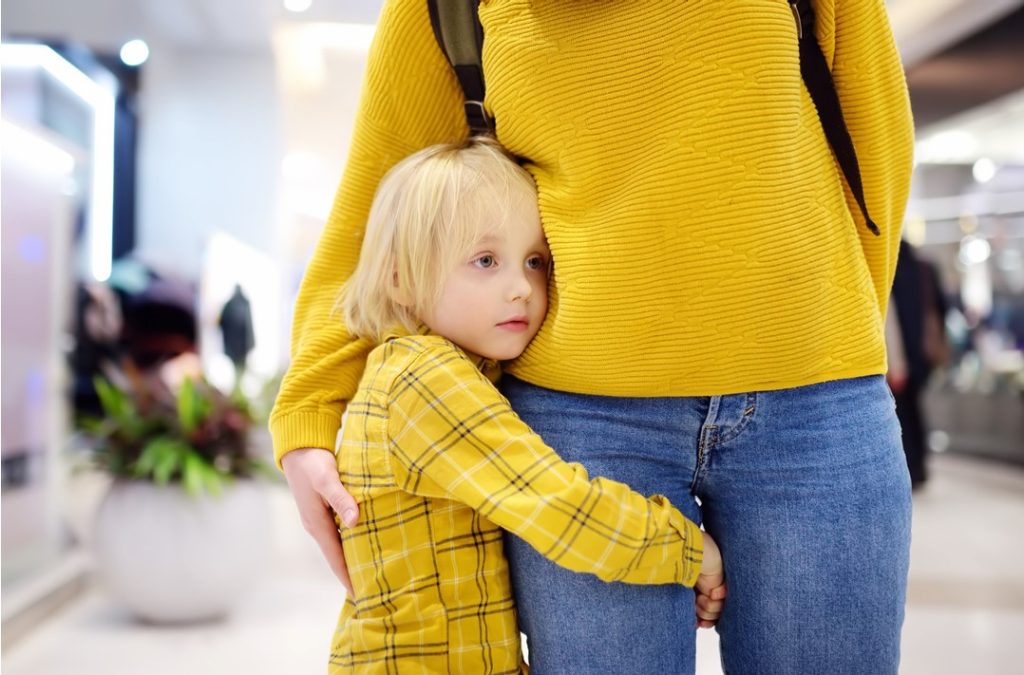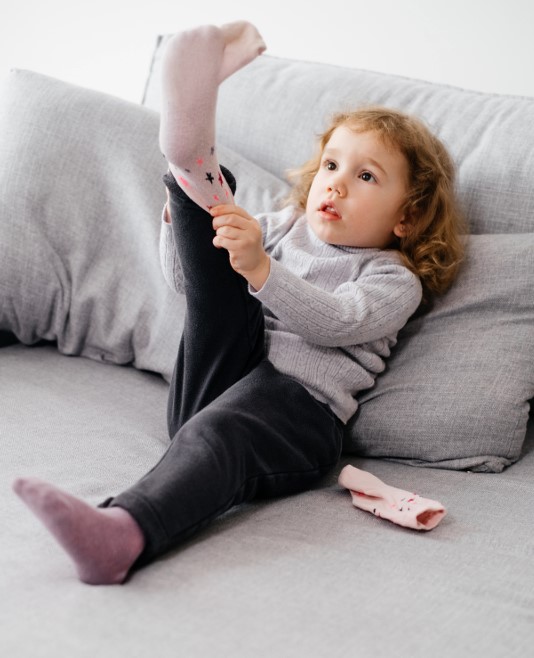Conquering Separation Anxiety in Children and Teens: A Path to Independence and Resilience

As parents, we have an instinctive desire to protect our children and keep them safe. However, an excessive fear of separation, known as separation anxiety, can hinder a child’s natural development and emotional wellbeing. This debilitating condition affects both children and teens, causing significant distress and impacting their ability to fully engage with the world around them.
Separation anxiety is characterised by an intense fear or worry about being apart from a parent or guardian. This can manifest in various ways, including crying, tantrums, physical symptoms like nausea or headaches and even refusal to attend school or participate in after school activities. While it’s normal for young children to experience some separation anxiety as they learn to navigate the world, when these feelings become overwhelming and persistent, it can become a serious problem.
The Impact of Separation Anxiety
Separation anxiety can have far-reaching consequences for a child’s emotional, social, and academic development. When a child is consumed by anxiety about being away from their parent, they may struggle to form meaningful connections with peers, participate in group activities or explore new environments. This can lead to social isolation, difficulties in school and a diminished sense of self-confidence and independence.
In adolescence, separation anxiety can be particularly debilitating, as teens are typically striving to establish their own identity and autonomy. Excessive dependence on parents or caregivers can hinder this crucial developmental process, making it challenging for teens to develop the coping skills and resilience they’ll need to transition into adulthood.
Overcoming Separation Anxiety: A Collaborative Effort
Conquering separation anxiety requires a multifaceted approach involving both the child and their parents or caregivers. Here are some strategies that can help:
- Validate and Normalise Feelings
It’s important for parents to acknowledge and validate their child’s feelings of anxiety, rather than dismissing or minimising them. Reassure your child that it’s normal to feel scared or sad about being apart, and that you’re there to support them through it. - Gradual Exposure and Desensitisation
One of the most effective ways to overcome separation anxiety is through gradual exposure and desensitisation. This involves gradually increasing the length of time the child spends apart from their caregiver, starting with short separations and gradually building up to longer durations. This can be done through activities like playdates, extracurricular classes or even short trips to the supermarket. - Develop Coping Strategies
Work with your child to develop healthy coping strategies they can use when they start to feel anxious. This might include deep breathing exercises, visualisation techniques, or the use of a “comfort object” like a stuffed animal or a special item that can provide a sense of security. - Reinforce Independence and Autonomy
Encourage your child to take on age-appropriate responsibilities and make decisions independently. For example, packing their own school bag, making their own simple snack, feeding the dog or completing basic chore like making their bed. This can help build their confidence and self-reliance, reducing their dependence on constant parental presence. - Seek Professional Support
In some cases, the assistance of a mental health professional such as a therapist may be necessary. Therapy such as NLP (Neuro linguistic Programming) can provide your child with the strategies and confidence they need to overcome their separation anxiety.

Supporting your Child to Become More Independent
As a parent, your support and guidance are crucial in helping your child overcome separation anxiety. Here are some ways you can help:
- Remain Calm and Reassuring
When your child expresses anxiety about separation, it’s important to remain calm and reassuring. Avoid expressing your own worries or fears as this can inadvertently heighten your child’s anxiety. - Establish Predictable Routines
Children thrive on consistency and predictability. Establish clear routines for drop-offs, goodbyes and reunions, which can help reduce their anxiety about the unknown. - Encourage Independence
Gently encourage your child to engage in age-appropriate independent activities, such as playdates, extracurricular classes, or summer camps. Celebrate their successes and reinforce their growing autonomy. - Communicate with Teachers and child minders
Work closely with your child’s teachers and child minders to ensure a consistent approach to supporting your child’s separation anxiety. Share effective strategies and keep them informed of your child’s progress.
- Seek Support for Yourself
Caring for a child with separation anxiety can be emotionally taxing. Remember to take care of your own wellbeing by seeking support from family, friends or a mental health professional if needed.
Separation anxiety is a common challenge that many children and teens face but with the right support and strategies, it can be overcome. By validating your child’s feelings, gradually exposing them to separation and encouraging independence and resilience, you can help them develop the coping skills and self-confidence they need to thrive.
Remember, the journey to conquering separation anxiety is not a linear one. There may be setbacks and moments of frustration, but with patience, persistence and a collaborative approach, your child can learn to navigate the world with confidence and independence.

Leave a Reply